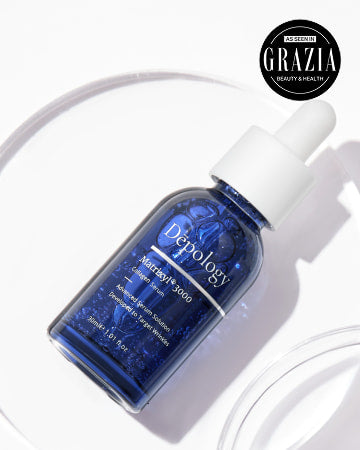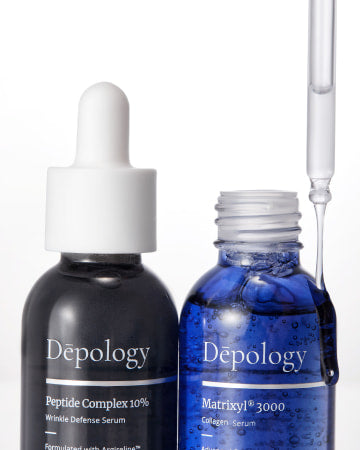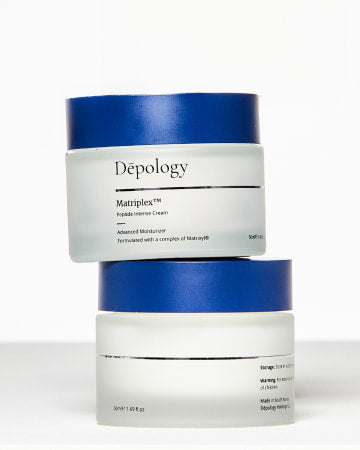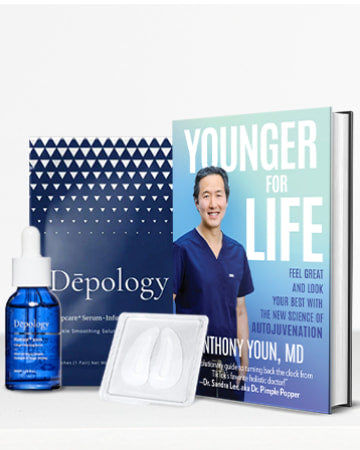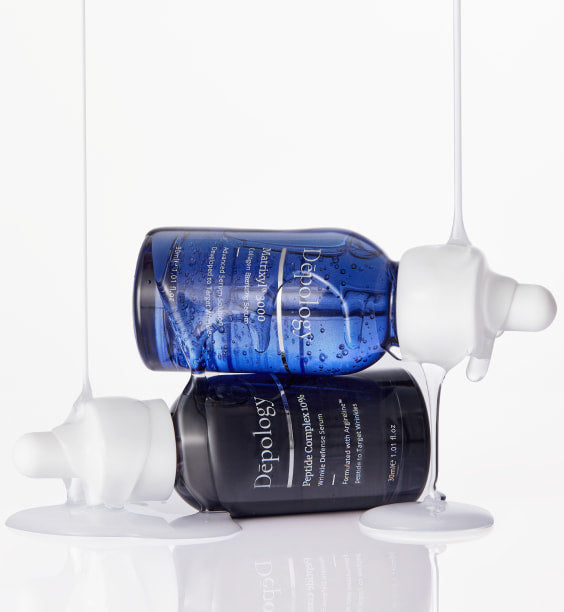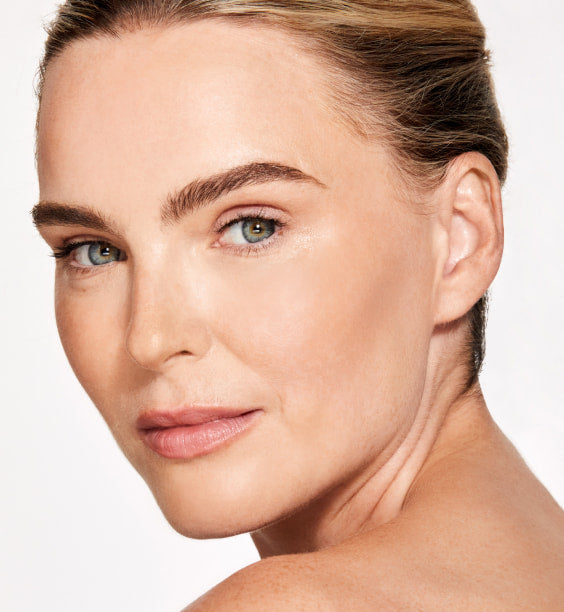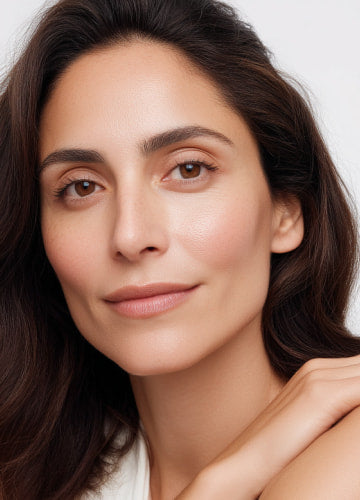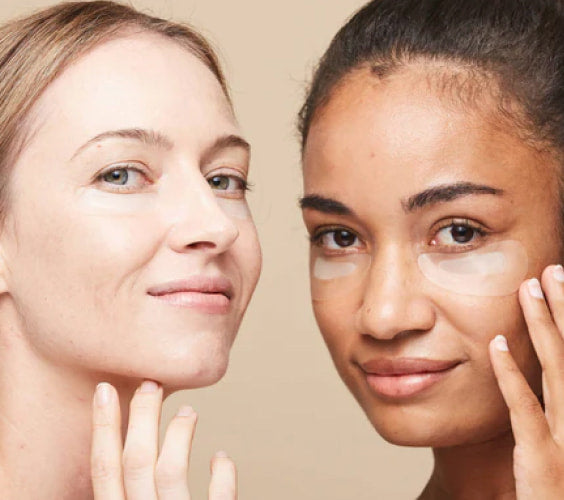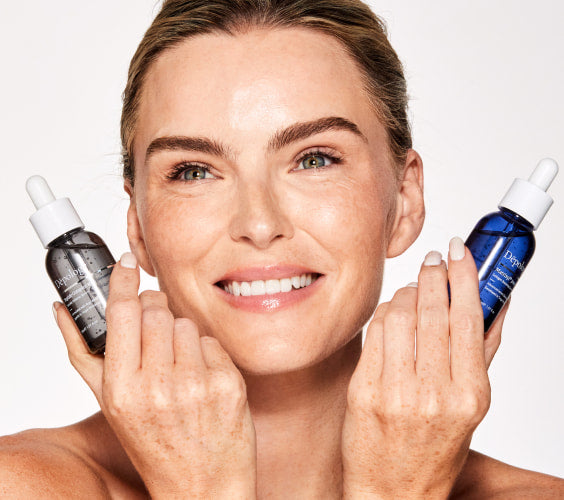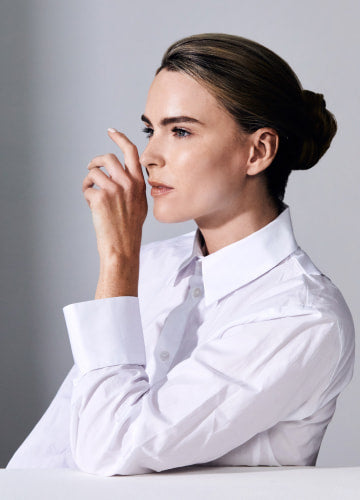

Read more
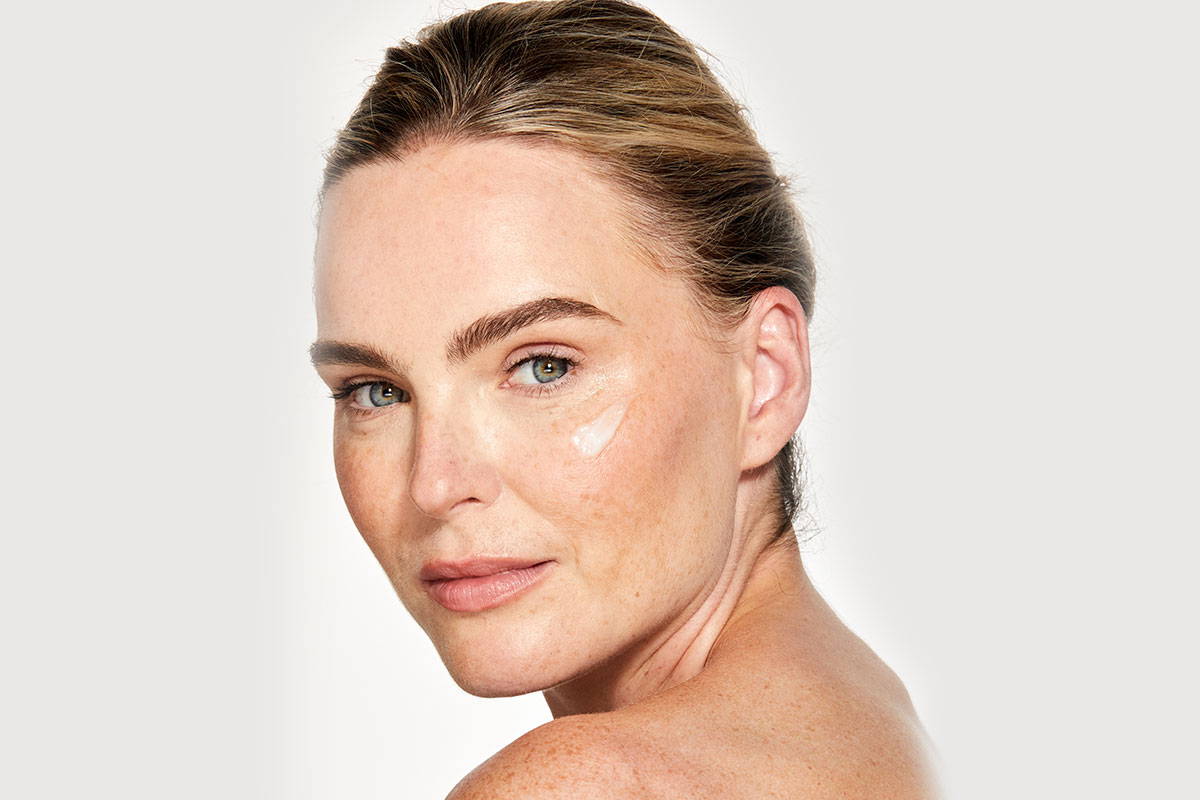
If you weren’t sure whether to give Argireline™ a shot before, you don’t have much to lose with this experiment. It could turn into your new favorite ingredient when it comes to combating dark circ...
Read more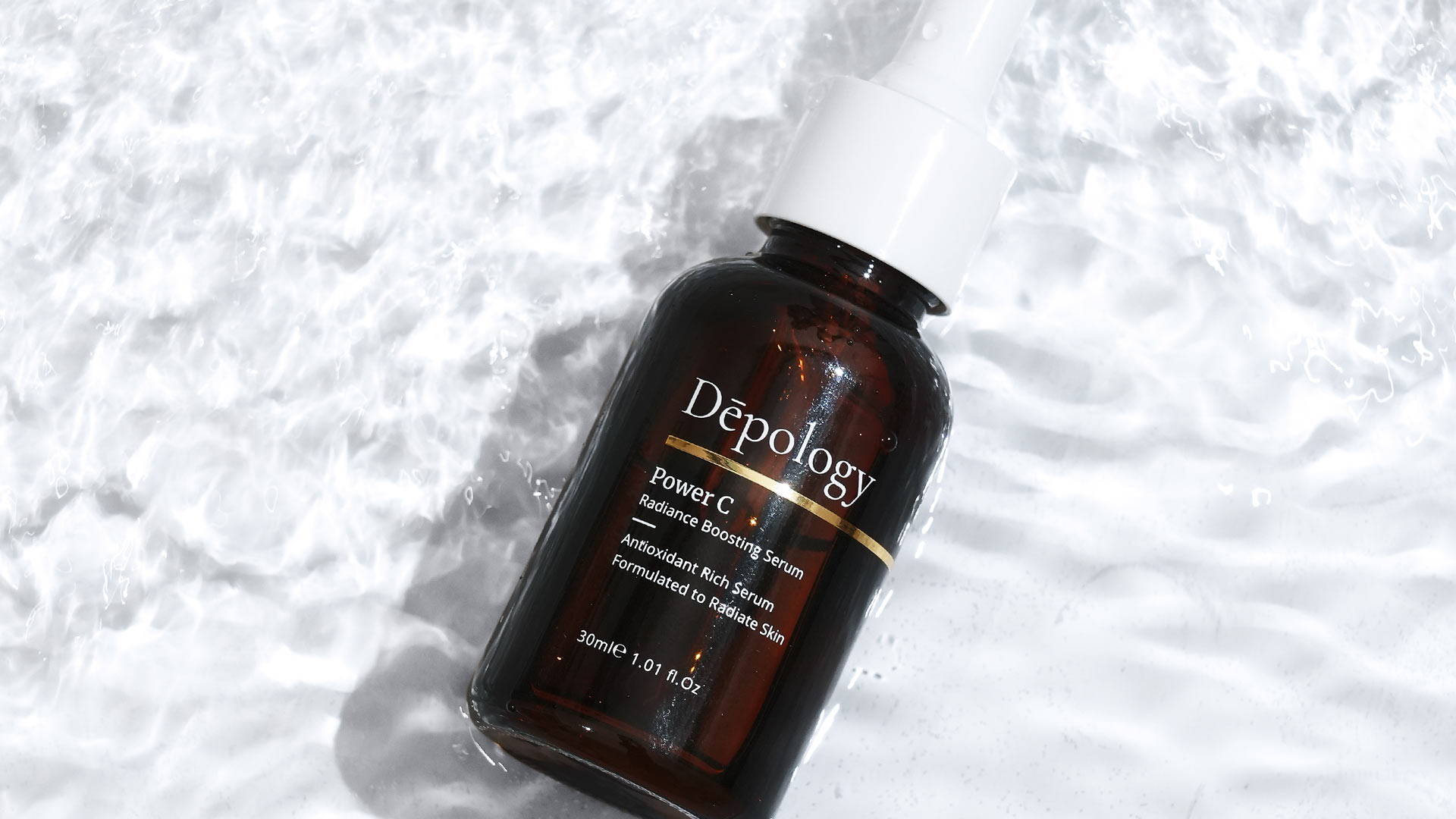
Which Serum has High Potent Vitamin C?
The Best Vitamin C form comes in food and topical serums. This is necessary component/nutrient that serves a variety of roles in keeping your skin & body healthy. Your body needs Vitamin C to ...
Read more

